Understanding Driver's Licenses for US Residents
Understanding Driver's Licenses for US Residents
Getting a driver's license (such as Missouri fake ID, Texas fake ID, Colorado fake ID, and Indiana fake ID, etc.) is a crucial step for many residents in the United States. A driver's license not only confers the legal right to operate a motor vehicle, but it is also an important form of identification. This comprehensive guide will explore the process, requirements, and implications of obtaining a driver's license in the United States for residents.
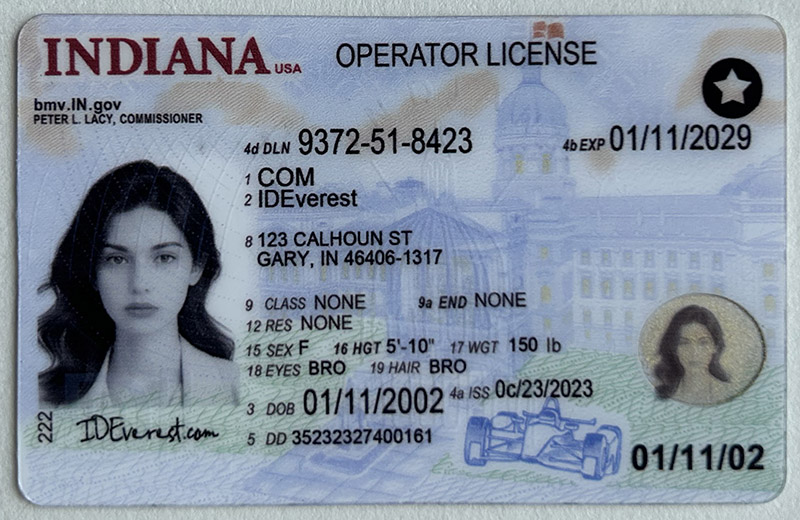
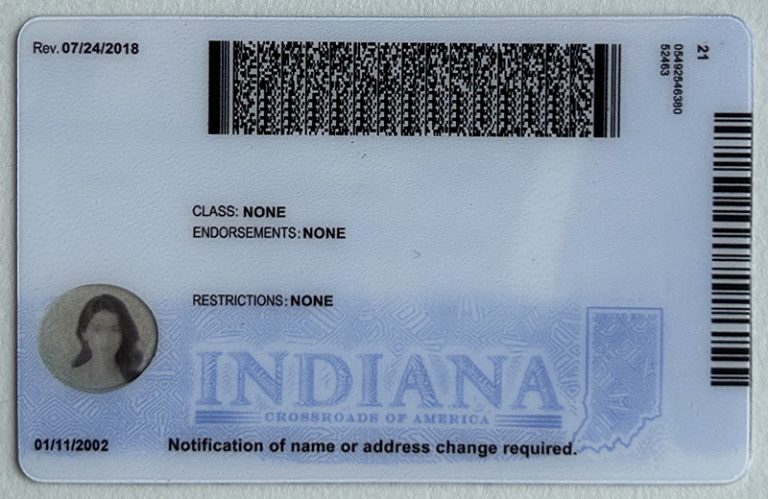
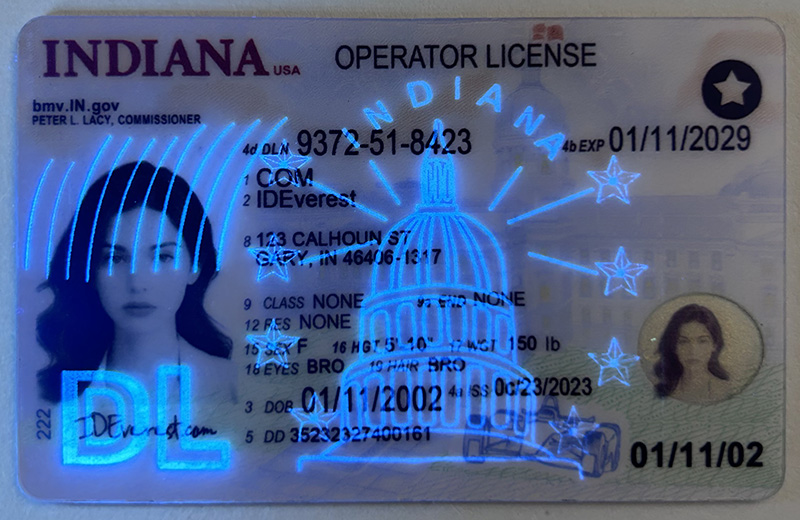
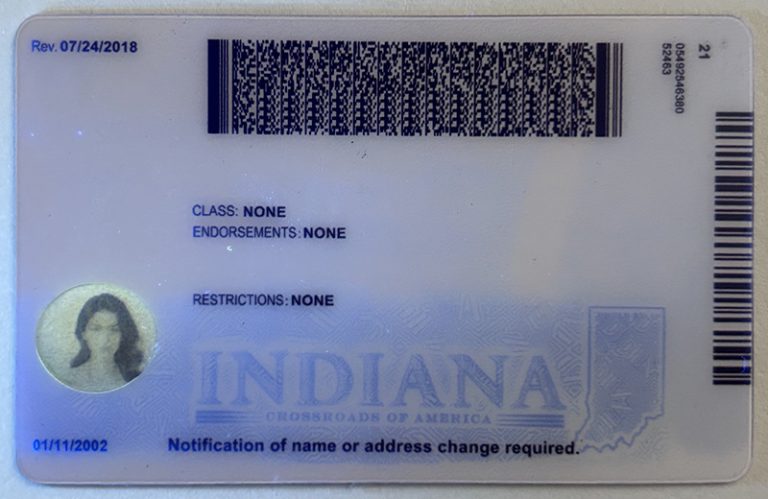
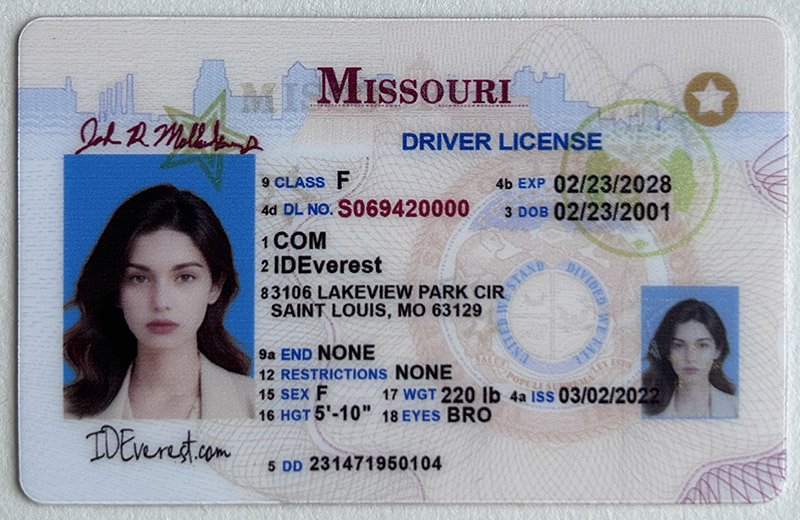
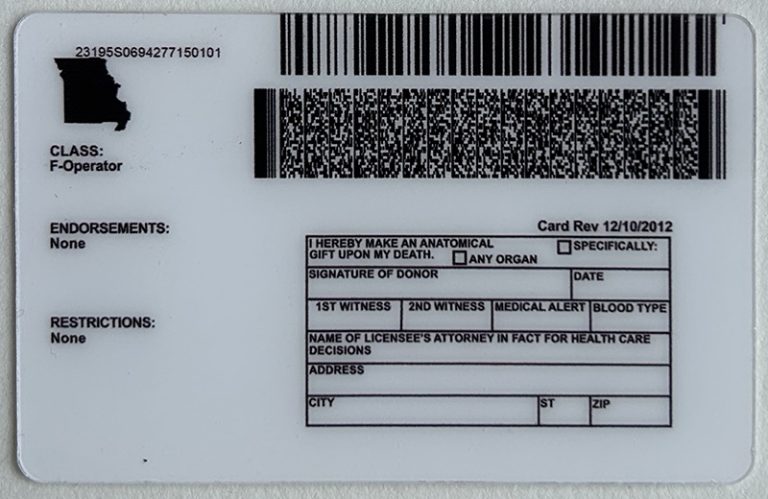
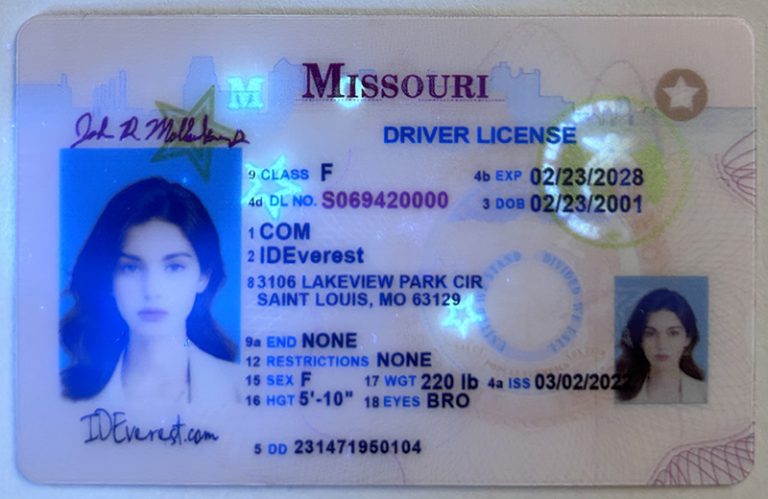
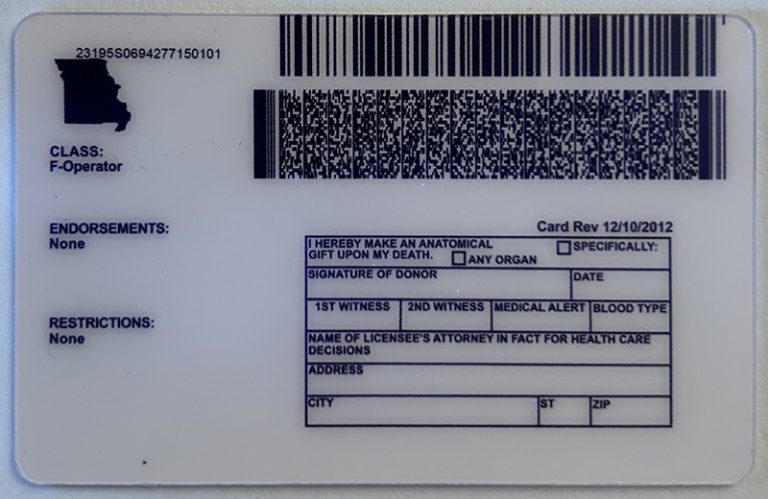
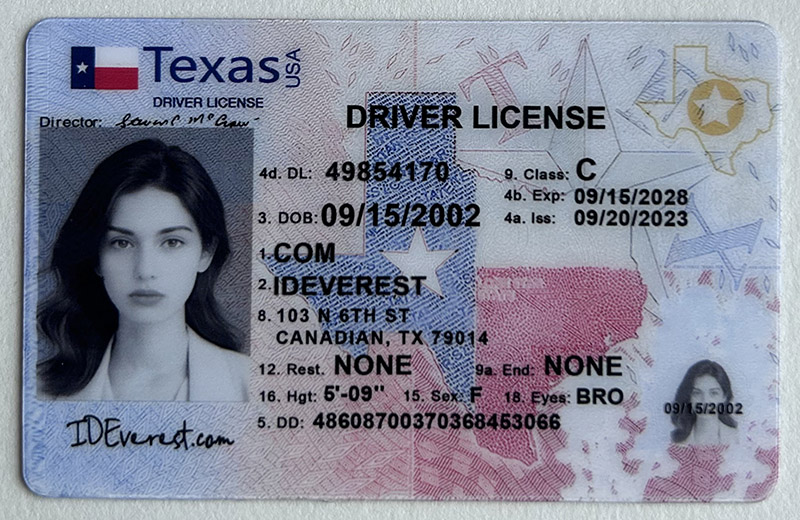
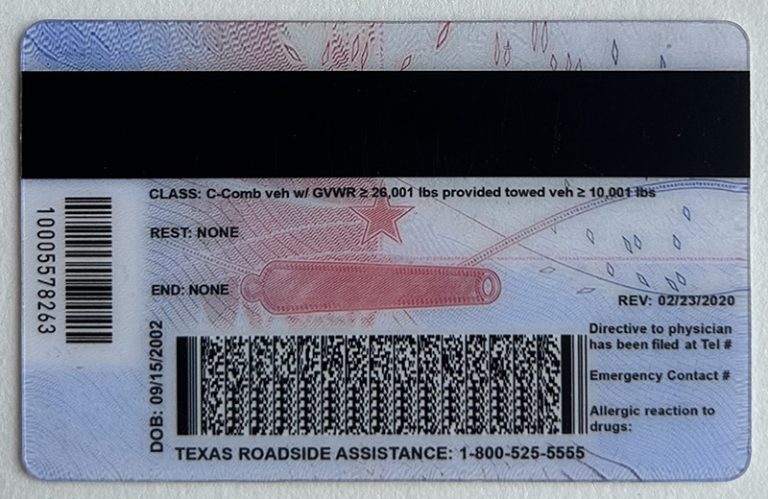
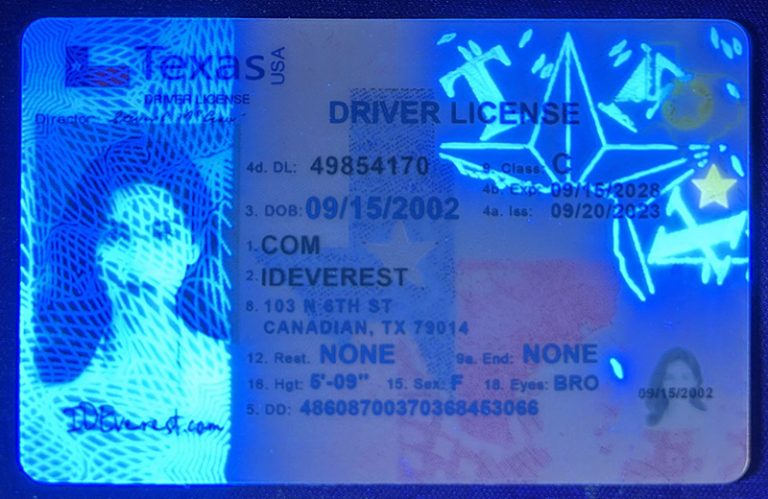
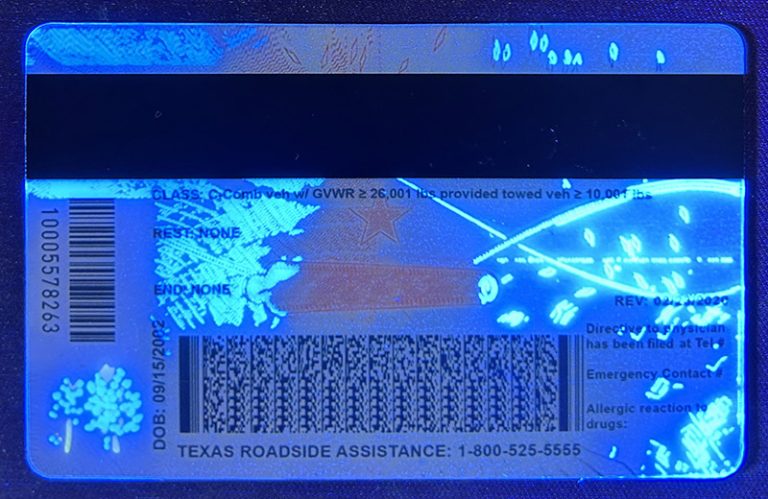
Importance of a Driver's License
Legal Permission to Drive: The primary function of a driver's license is to provide legal permission to operate a motor vehicle. Each state has its own regulations governing this permission, which helps ensure public safety on the road.
Identification: A driver's license is an acceptable form of identification in a variety of situations, such as verifying identity when opening a bank account, boarding an airplane, or purchasing items with age restrictions.
Insurance Requirements: Many states require drivers to carry auto insurance. A valid driver's license is often a prerequisite for obtaining insurance.
Employment Opportunities: Certain jobs require a valid driver's license, especially those where driving is a primary duty, such as delivery services or transportation jobs.
Resident Eligibility Requirements
To obtain a driver's license in the United States, residents must meet several eligibility criteria, which vary from state to state. Here are the common requirements:
Age: Most states require applicants to be 16 to apply for a learner's permit and 18 to obtain a full, unrestricted driver's license. Some states have a graduated licensing system that allows young drivers to obtain a restricted license under certain conditions.
Residence: Applicants must be residents of the state in which they are applying. This usually means providing proof of residency, such as a utility bill, lease agreement, or other official document showing a physical address.
Proof of identity: Residents must provide an acceptable form of identification, which may include a birth certificate, Social Security card, or passport. These documents help verify identity and age.
Vision and health requirements: Most states require applicants to pass a vision test to ensure they meet the minimum vision standards for safe driving. Some states may also require a medical certificate, especially for commercial driver's licenses.
Legal status: Applicants generally must be U.S. citizens or legal residents. However, some states have enacted laws that allow undocumented immigrants to obtain driver's licenses under certain conditions.
Knowledge and driving tests: Most states require applicants to pass a written knowledge test covering traffic laws and road signs, followed by a practical driving test to demonstrate safe driving skills.
Application Process
The process of getting a driver's license usually involves several steps, but the specific procedures can vary from state to state.
Research requirements: Before you apply, it's crucial to familiarize yourself with your state's requirements. This can usually be done through the state Department of Motor Vehicles (DMV) website.
Get a learner's permit: If you're under 18, the first step is usually to get a learner's permit. This allows you to practice driving under the supervision of a licensed adult.
Complete driver's education: Some states require or recommend completing a driver's education course, especially for younger applicants. These courses usually include classroom instruction and behind-the-wheel training.
Practice driving: With a learner's permit, you can practice driving. States usually require that you have a certain amount of supervised driving time before you can take a driving test.
Schedule a driving test: Once you feel confident in your driving skills and have met your state's practice requirements, you can schedule a driving test through your local DMV.
Take the test: On the day of your driving test, bring all the necessary documents and be prepared to demonstrate your driving abilities. The examiner will evaluate your skills in a variety of driving situations.
Pay fees: Most states charge a fee for applying for and renewing a driver's license. These fees can vary widely.
Receiving Your License: If you pass all tests, you will receive a driver's license. Some states issue a temporary license until the official card is mailed.
Special Considerations for Residents
Graduated Licenses: Many states have graduated license programs for new drivers, especially teens. These programs often involve multiple stages, including a learner's permit, an intermediate license, and a full license, each with specific restrictions.
Renewal and Expiration: Driver licenses are not permanent; they must be renewed periodically. Renewal periods vary by state, but are typically 4 to 8 years. Residents may receive a renewal notice before their license expires, and it is critical to complete the renewal process on time to avoid penalties.
Change of Residence: If a resident moves to a new state, they must apply for a new driver's license in their new state of residence. This often involves surrendering their old license and providing proof of residency and identity in the new state.
Driving Under the Influence (DUI) and Traffic Violations: Residents should be aware that traffic violations, especially driving under the influence, can result in serious consequences, including fines, license suspension, or revocation. Many states have strict penalties for driving under the influence to ensure public safety.
Obtaining a License as an Undocumented Immigrant: Some states allow undocumented immigrants to obtain a driver's license. The process varies by state and often involves specific documentation, such as proof of residency and identification. States such as California, Illinois, and New York have enacted laws to provide this option.
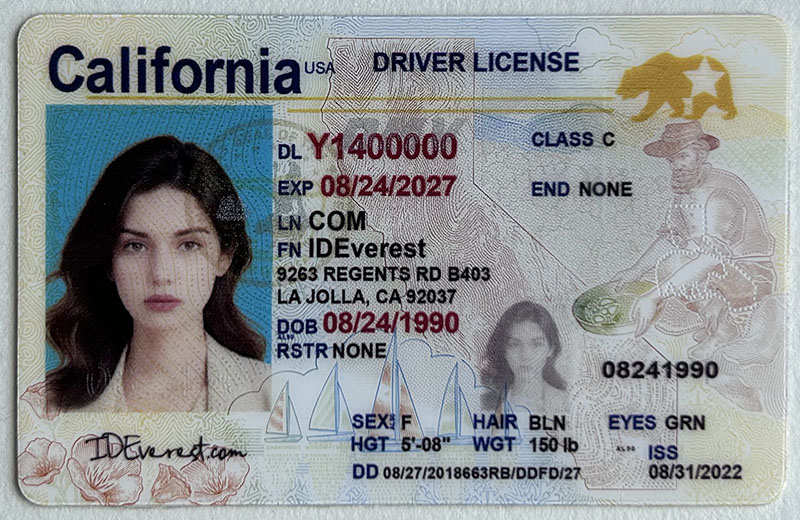
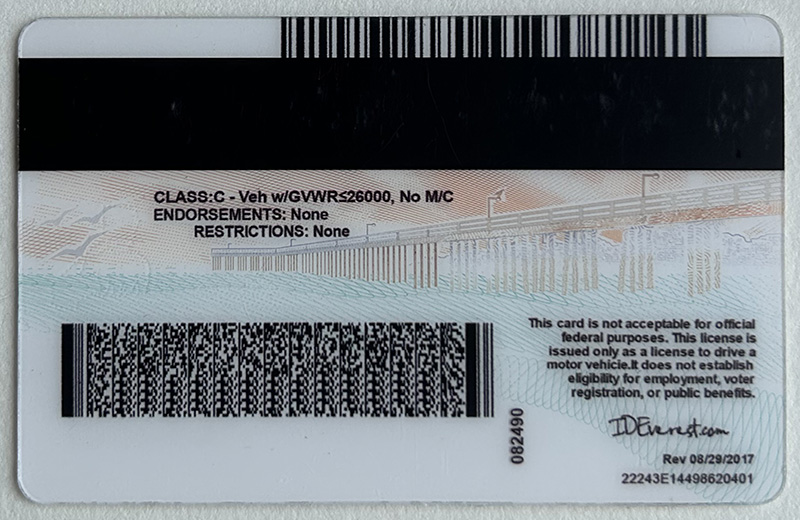
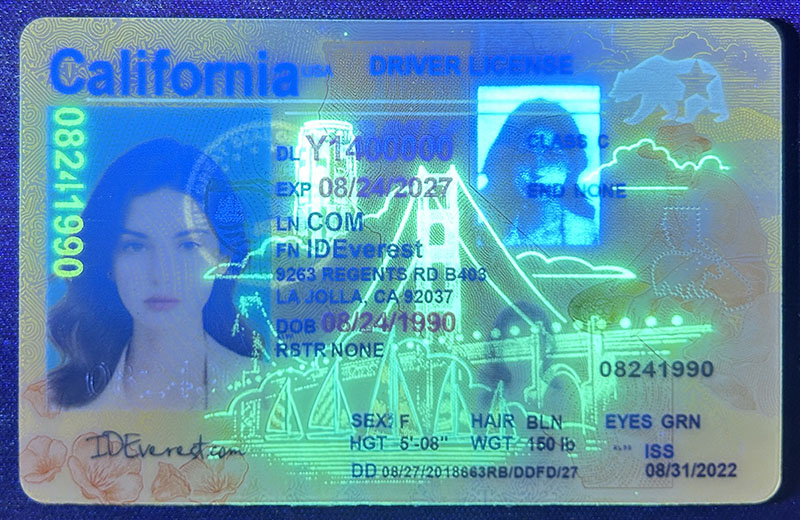
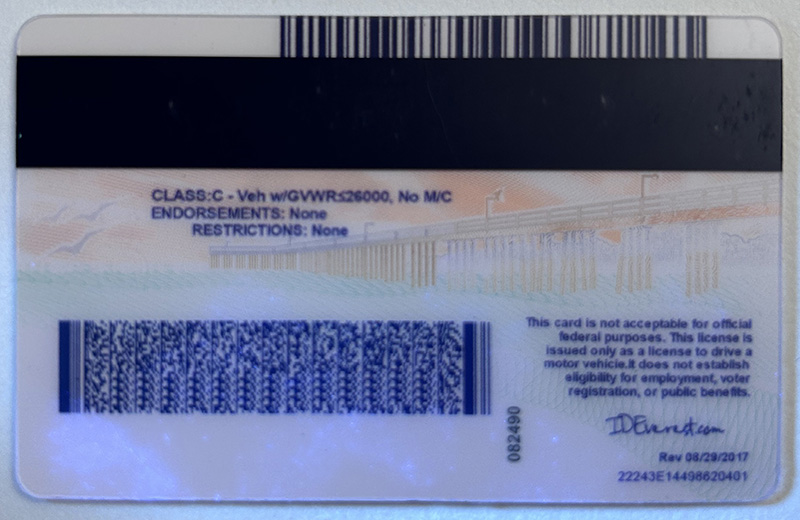
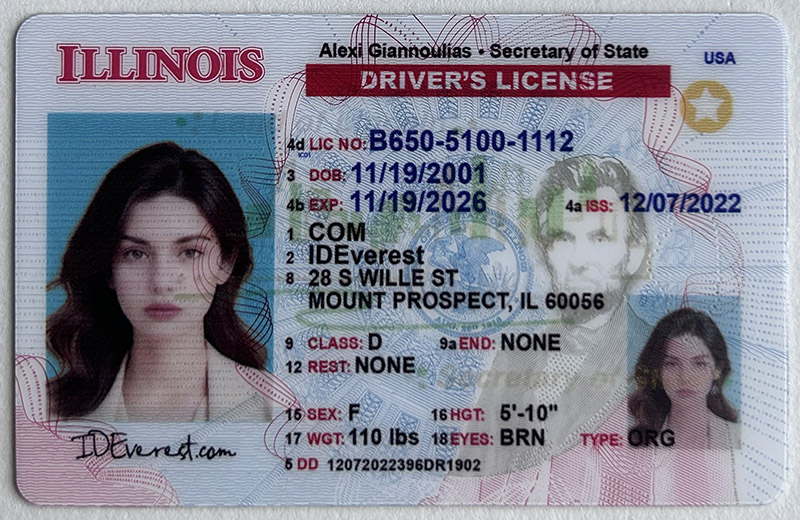
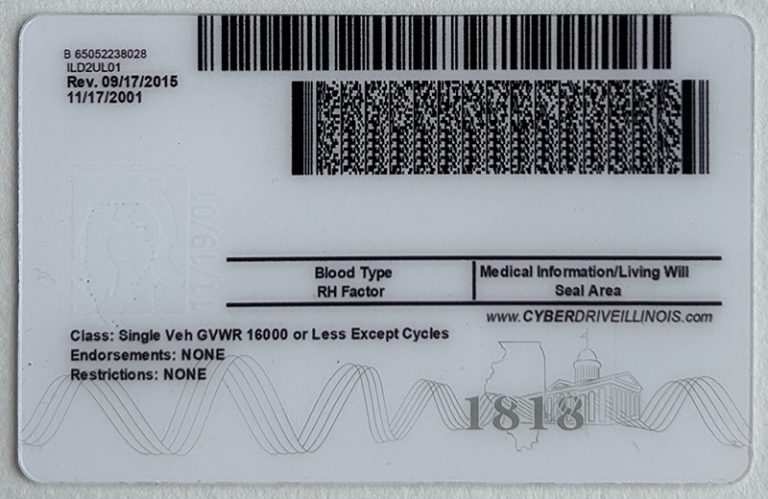
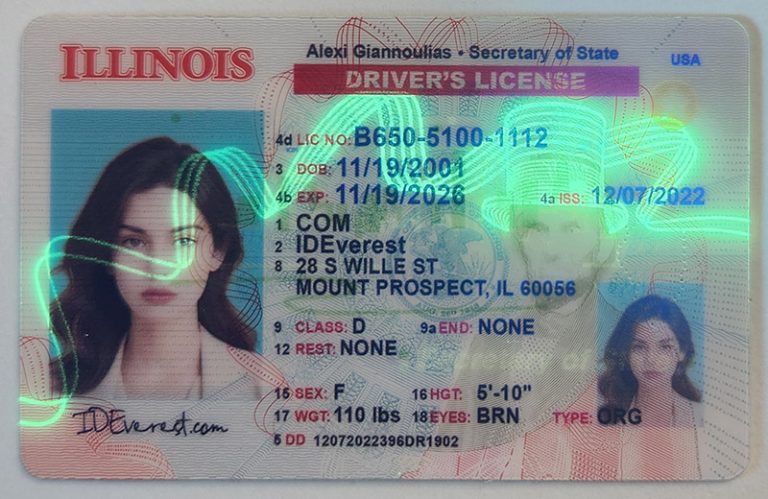
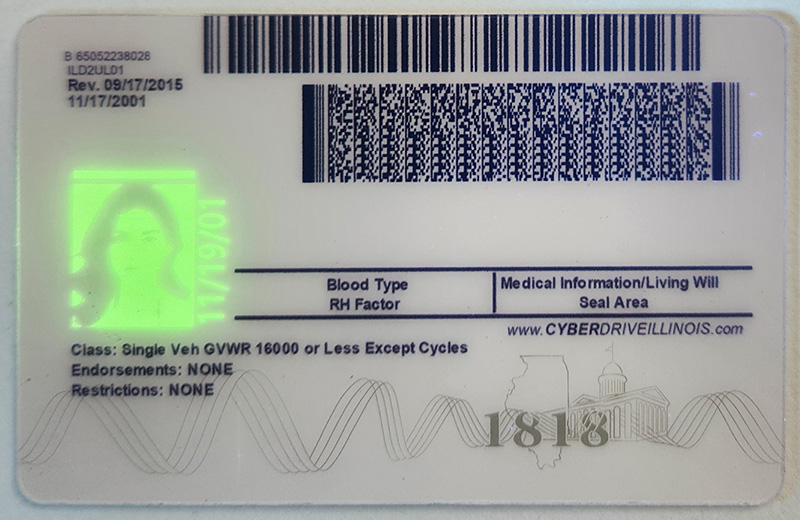
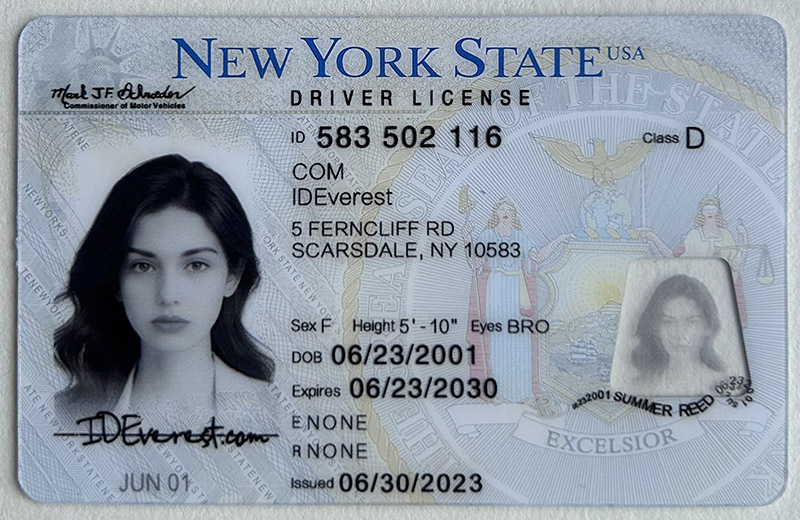
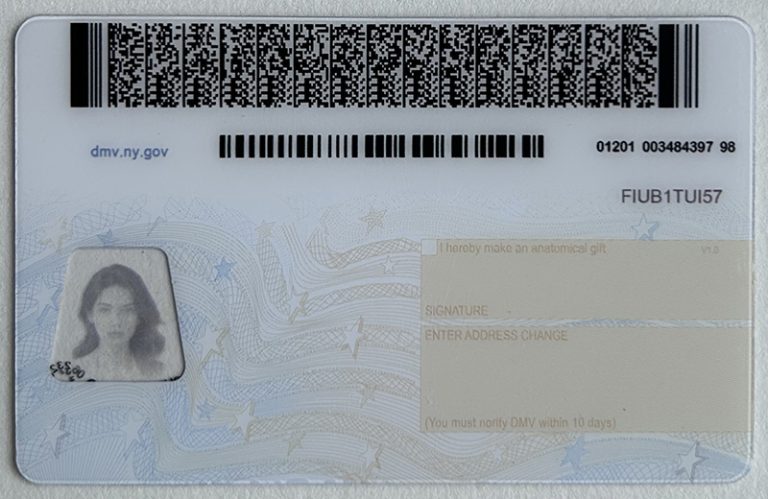
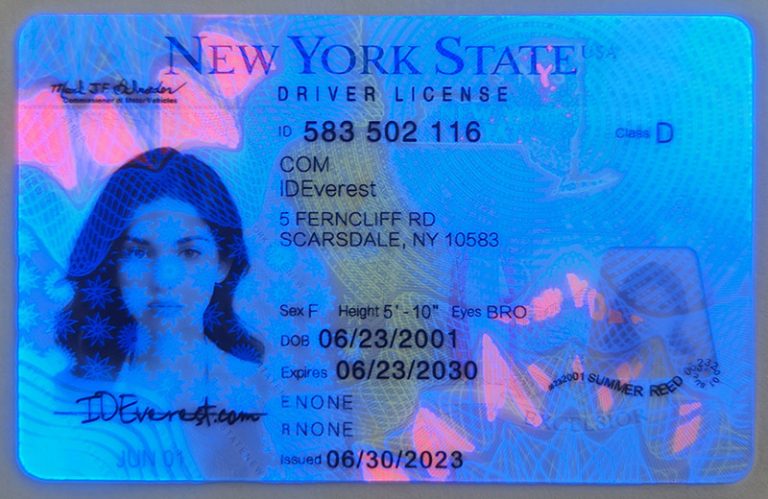
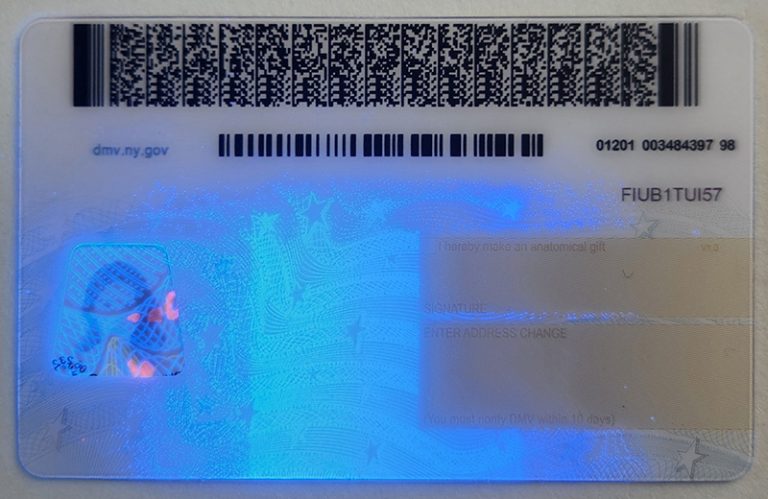
Conclusion
For U.S. residents, obtaining a driver's license is an important milestone that provides legal permission to drive, serves as an important form of identification, and opens up a variety of personal and professional opportunities. Understanding the eligibility requirements, application process, and special considerations is essential to successfully obtaining a driver's license. By complying with state regulations and prioritizing safe driving practices, residents can enjoy the benefits that come with being a licensed driver.
 Fake ID safety
Fake ID safety
 Illinois fake ID
Illinois fake ID
 fake ID trends
fake ID trends
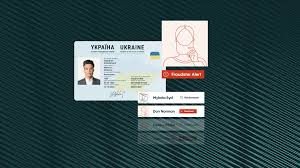 Buy fake ID online
Buy fake ID online